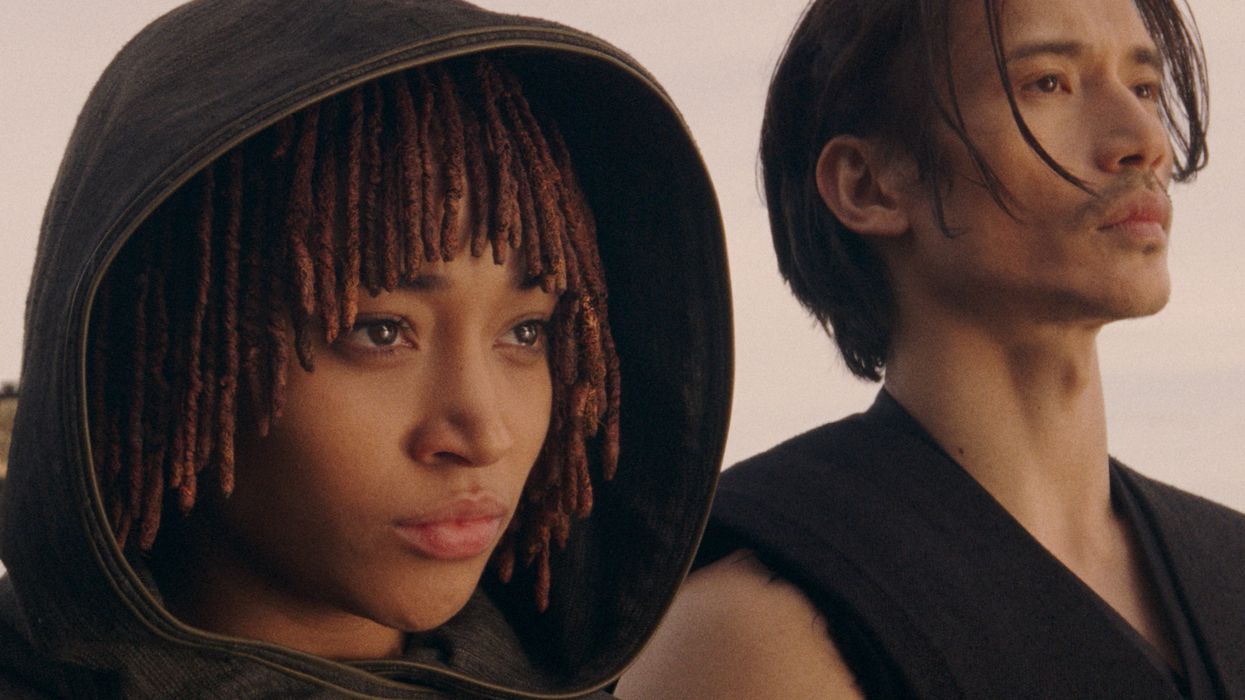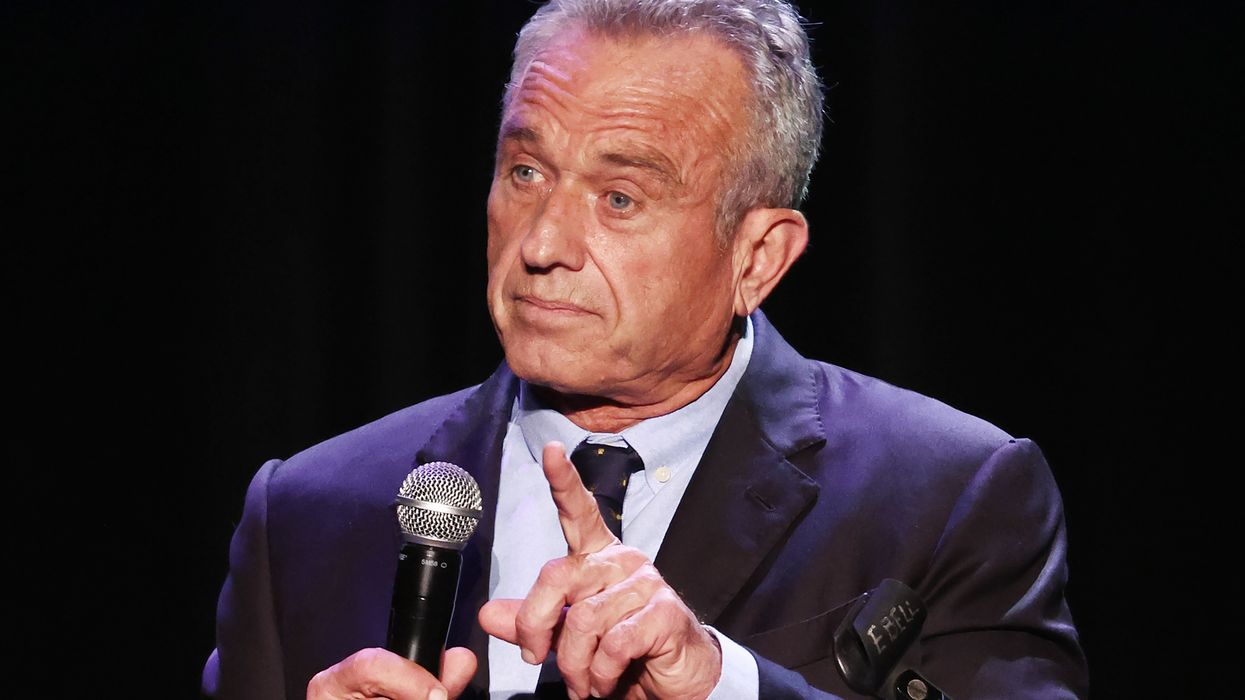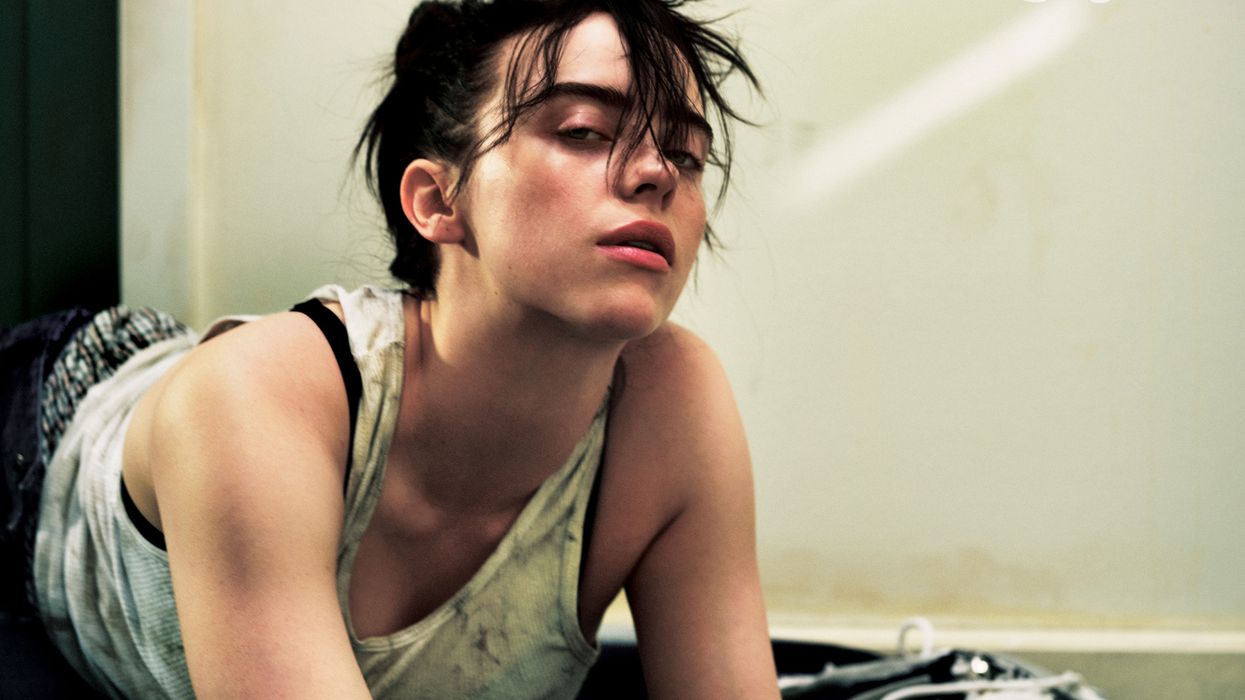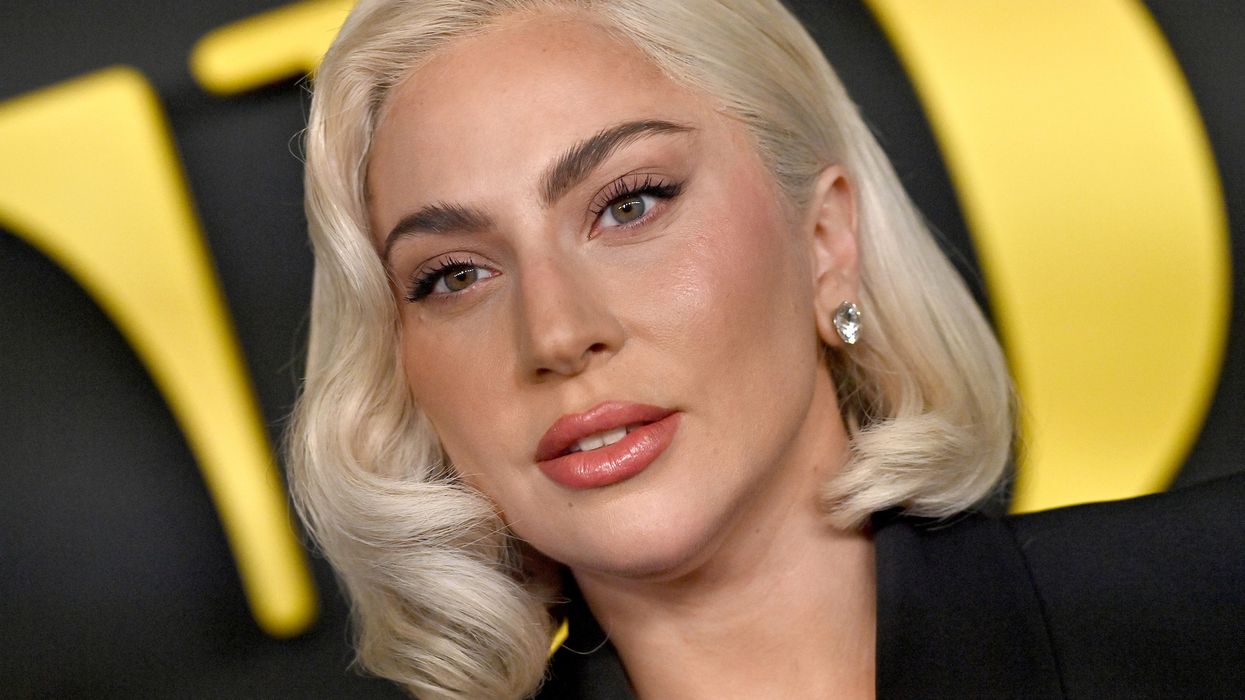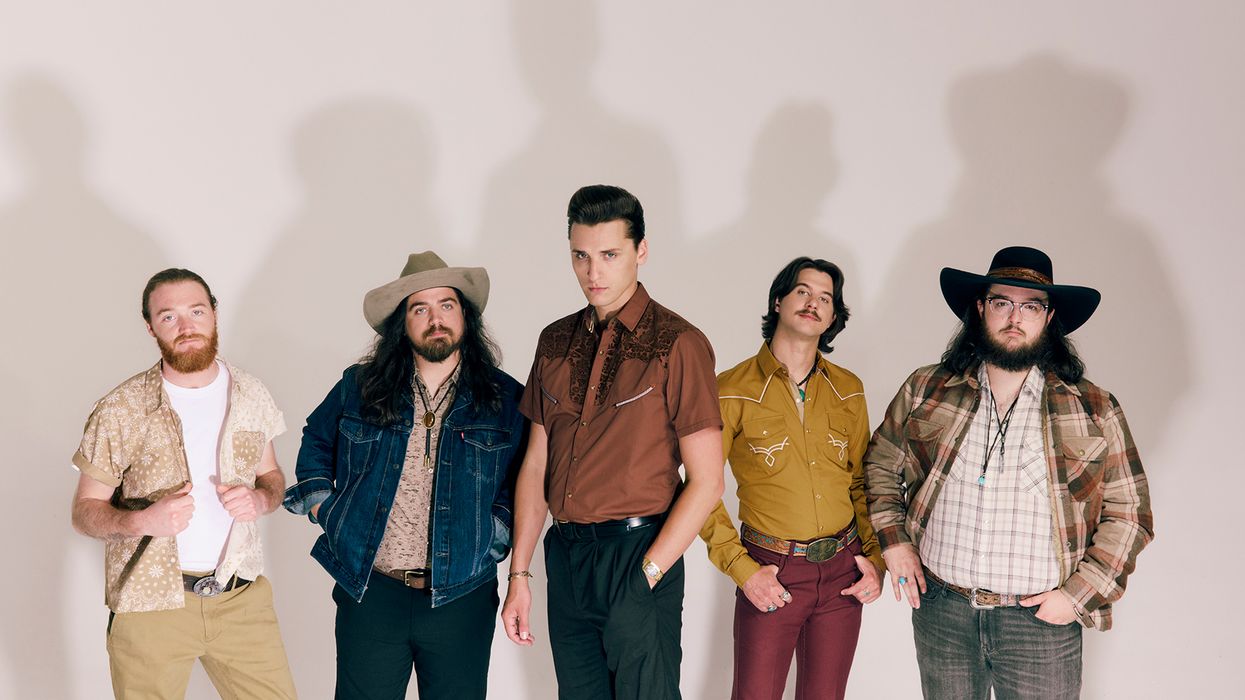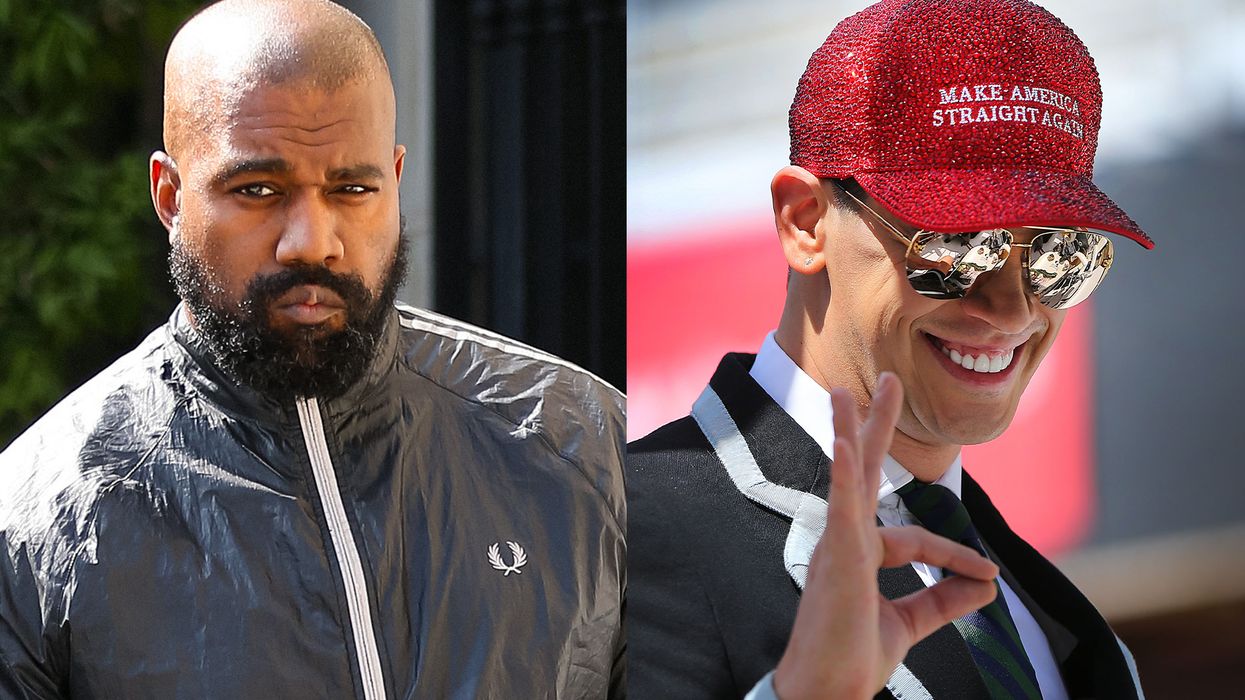If you purchase an independently reviewed product or service through a link on our website, Rolling Stone may receive an affiliate commission.
The majority of the new FX miniseries Clipped takes place in 2013 and 2014, during a tumultuous basketball season where Los Angeles Clippers owner Donald Sterling was forced to sell the team after recordings of his inflammatory, racist comments went public. One episode, though, rewinds to earlier points in the lives of the story’s key figures, including a flashback to the terrible day in the spring of 1992 when four LAPD officers were acquitted on charges of assault against Black motorist Rodney King, despite video evidence of the beating that had been seen around the world.
Doc Rivers, who was coaching the Clippers at the time of Sterling’s ouster, happened to be playing for the team in ’92, so it’s important background knowledge. And you cannot tell any story about race in Los Angeles over the last 30-plus years without at least mentioning Rodney King, given the shadow the attack and its aftermath cast over everything that followed — most infamously O.J. Simpson’s acquittal on double murder charges a few years later. When FX dramatized that trial with The People v. O.J. Simpson: American Crime Story, the first episode even opened with the Rodney King footage.
People v. O.J. was the platonic ideal of a docudrama approach to an infamous story involving extremely public figures. It recreated the most iconic moments, but was most interesting when it was telling the audience things most of us didn’t know about what went on behind the scenes for the defense team and the prosecutors.
Clipped, unfortunately, demonstrates the pitfalls of presented a scripted version of such a tale. Despite some good performances, particularly by Laurence Fishburne as Doc Rivers, and some isolated scenes, it doesn’t offer up nearly enough that’s new to merit the dramatization.
Where People v. O.J. came out more than two decades after the end of his trial, it’s barely been a decade since the recordings of Sterling (played here by Ed O’Neill) saying bigoted things to his mistress V. Stiviano (Cleopatra Coleman) went public. It’s too fresh in the memory, especially given the bigger, more varied media landscape of the mid-2010s. The Sterling tapes and their fallout were covered in such a minute detail — including in ESPN reporter Ramona Shelburne’s excellent podcast The Sterling Affairs, which Clipped creator Gina Welch is adapting — that anyone who cares about this story in the slightest already knows everything the show has to say about the when, how, and why of it all. And in the unlikely event that a non-hoops junkie is drawn in to watch Fishburne, O’Neill, or Jacki Weaver (as Donald’s enabling wife Shelly), the storytelling itself is mostly lacking. It’s six largely by-the-numbers hours.
If you’re in the latter camp, Clipped at least sets up the conflicts quickly and clearly. Doc, not far removed from coaching the Boston Celtics to an NBA championship, arrives in LA and is inundated with reminders of why Sterling’s mercurial, penny-pinching, loyalty-above-all ownership has long made the Clippers into the league’s biggest joke. After Doc convinces skeptical free agent JJ Redick (Charlie McElveen) to sign with the team, for instance, Sterling objects at the last second on discovering that Redick is white, and Doc has to threaten to quit after one week on the job just to make the deal go through.
Sterling, you see, has very specific, odious views on race, and the correct roles for members of various races. In one of the recordings — which Stiviano made with Sterling’s full knowledge, because, she explains, he wants “consistency” in what he does and says — he tells the biracial Stiviano, “You’re supposed to be a delicate white or a delicate Latina girl.” And he’s upset to see that she has put a photo of herself and Magic Johnson on her Instagram, demanding, “Why are you taking pictures with minorities?” Meanwhile, he brings his wealthy, white friends into the locker room after games to gawk at his players in various states of undress, leaving the mostly Black group of men feeling like they’ve been put up on the block at a slave auction.
When some of the recordings wind up on TMZ, the NBA’s most open secret becomes unavoidable, involving lawyers(*), pundits, and famous TV personalities. And the show becomes this strange mashup of docu and drama: You see a lot of recognizable actors playing famous people and acting out some of their most notorious moments. But you’ll also see V. watching her role model Kim Kardashian(**) be interviewed by Barbara Walters, and it’s just footage of the real Kim Kardashian. And LeVar Burton winds up with a surprisingly prominent role playing… LeVar Burton.
(*) Older TV fans may be amused to see Corbin Bernsen back in L.A. Law mode as Shelly’s attorney, Pierce O’Donnell, whose career is on the skids when he’s brought in to untangle this mess.
(**) Another People v. O.J. connection. #UncleJuice

On the one hand, it’s bizarre to have Fishburne wearing a Doc Rivers toupee and trying to mimic Doc’s signature rasp (i.e., as if he gargled with razor wire for a half hour before shootaround) playing scenes opposite national treasure LeVar Burton as himself. (Albeit looking like he does today, rather than in 2014.) On the other, Burton’s presence pays off in the miniseries’ single best scene, where he and Doc talk about how they have to keep so much anger hidden from their predominantly white audiences, and it all ties back to Burton’s iconic role as the slave Kunta Kinte in Roots. Burton’s presence doesn’t suddenly become any less distracting, but he and the moment are so powerful that it doesn’t matter. It’s simply more thoughtful and compelling than almost anything that’s happened in prior installments.
There are also some potent scenes where Doc and players like Chris Paul (J. Alphonse Nicholson) and Blake Griffin (Austin Scott) debate whether the Clippers should boycott playoff games in response to Sterling’s refusal to apologize for his comments. Though some of the details are straight from Shelburne’s reporting, they’re presented in ways that function well dramatically whether you already knew them or not.
Mostly, though, Clipped doesn’t bring nearly enough of a new perspective to the table to be worth its six episodes. Early on, we see the players reluctantly attending one of Sterling’s notorious white parties, which was already the subject of a scene from the series premiere of HBO’s Winning Time, about the more historically successful NBA franchise in L.A. Winning Time arrived with a ton of fanfare, then discovered that, audience-wise, it was neither fish nor fowl: Sports fans didn’t want to see actors trying to imitate classic athletic performances, and non-sports fans didn’t care at all. The audience wound up being so small that the show had to end abruptly with a montage of news clips showing what happened with the real Magic Johnson, Pat Riley, et al, after the events of the finale. Even at the conclusion, the actors were being upstaged by the men and women they were playing.
In our modern information age, it’s become harder and harder for any docudrama to justify its existence, especially the more well-known the events being dramatized are. The execution has to be a lot more special and distinctive than it is here. Ultimately, Clipped gets undercut by real life.
The first two episodes of Clipped begin streaming June 4 on Hulu, with additional episodes releasing weekly. I’ve seen all six.






